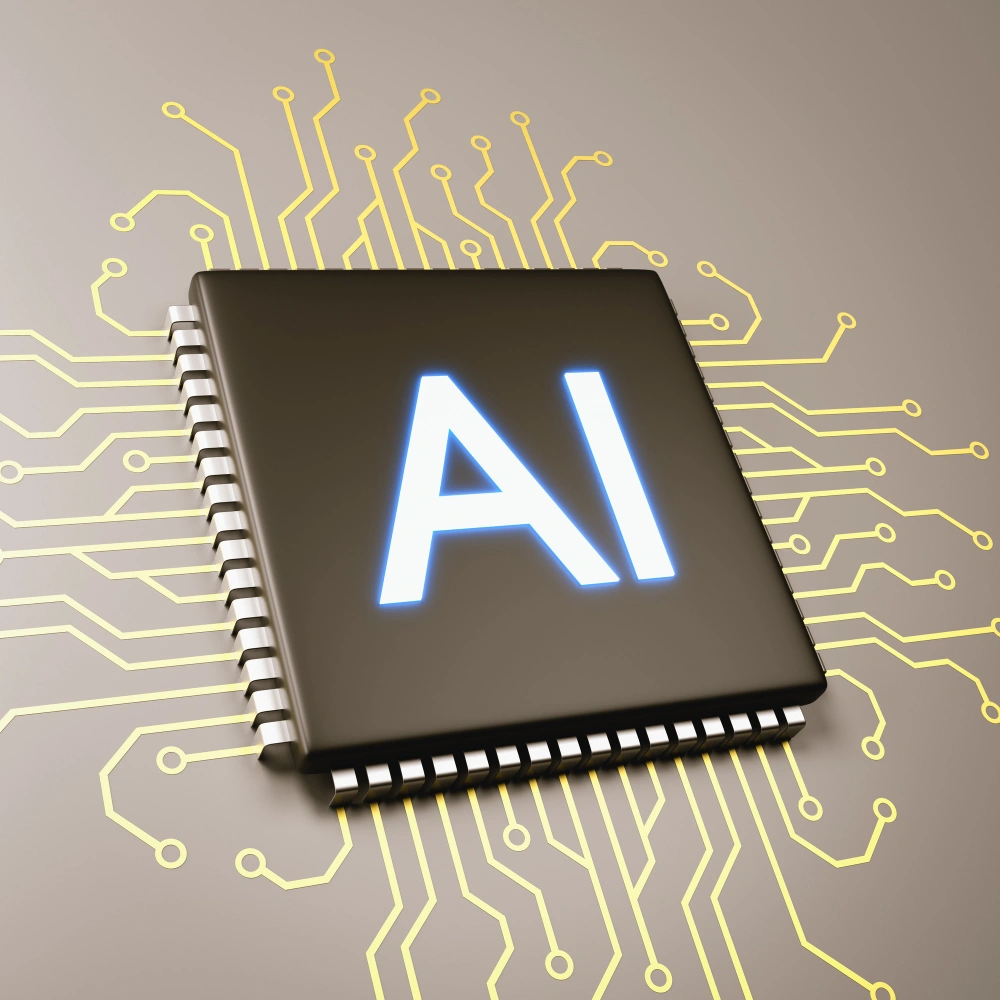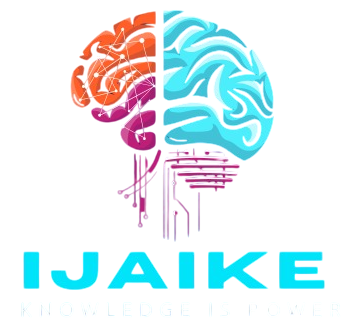Journal Scope
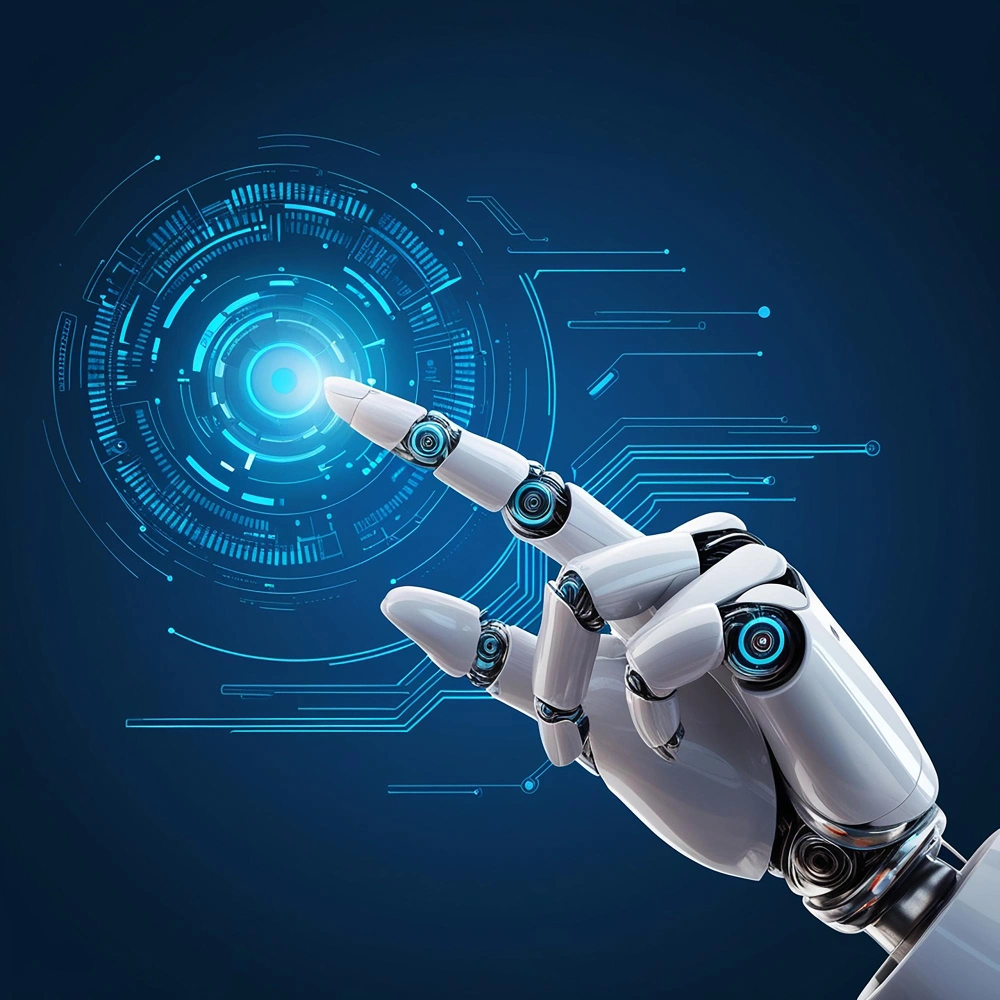
Journal Scope: Journal of Artificial Intelligence and Knowledge Engineering (JAIKE)
The Journal of Artificial Intelligence and Knowledge Engineering (JAIKE) is a premier international platform for pioneering research in Artificial Intelligence (AI) and Knowledge Engineering (KE). Its scope encompasses a broad range of interdisciplinary topics, including knowledge mining and discovery, knowledge acquisition, knowledge intelligence, knowledge-based engineering (KBE), knowledge-based systems (KBS), knowledge management (KM), smart processes/products/artifacts, the Internet of Things (IoT), and knowledge-driven automation (KDA). JAIKE also explores the theoretical foundations, architectures, and enabling IoT and Internet technologies that shape the future of intelligent systems.
Key Research Areas
Artificial Intelligence Category

Graph-based Machine Learning (ML) & Deep Learning
- Applications of graph neural networks in complex knowledge representation
- Scalable deep learning architectures for large-scale structured data
- Enhancing explainability in graph-based AI models for decision-making
- AI-powered fraud detection, social network analysis, and biomedical research
Natural Language Processing (NLP)
- Advancements in Large Language Models (LLMs) for AI-driven applications
- NLP-powered conversational AI for human-computer interaction
- AI-driven text processing for automated translation and sentiment analysis
- Addressing bias, fairness, and ethics in language models


Edge Computing & Edge AI
- AI acceleration for real-time decision-making in edge environments
- Privacy-preserving AI through federated learning at the edge
- Optimizing AI deployments for resource-constrained devices
- Applications of Edge AI in IoT, smart cities, and autonomous systems
Generative AI
- Innovations in foundation models and generative architectures
- Applications of AI-generated media in art, music, and content creation
- Ethical challenges surrounding synthetic data and misinformation
- Multimodal AI integrating vision, speech, and structured data


AI Agents & Agentic AI
- Autonomous AI agents for self-learning and adaptive behaviors
- Scalable frameworks for multi-agent collaboration and coordination
- AI-driven optimization for intelligent automation and task execution
- Human-AI interaction challenges in agentic AI development
AI Automation & Robotics
- AI-driven automation for industrial robotics and smart manufacturing
- AI-powered human-robot collaboration for efficiency and safety
- Adaptive reinforcement learning for autonomous robotic control
- AI-enhanced robotic perception for complex environments
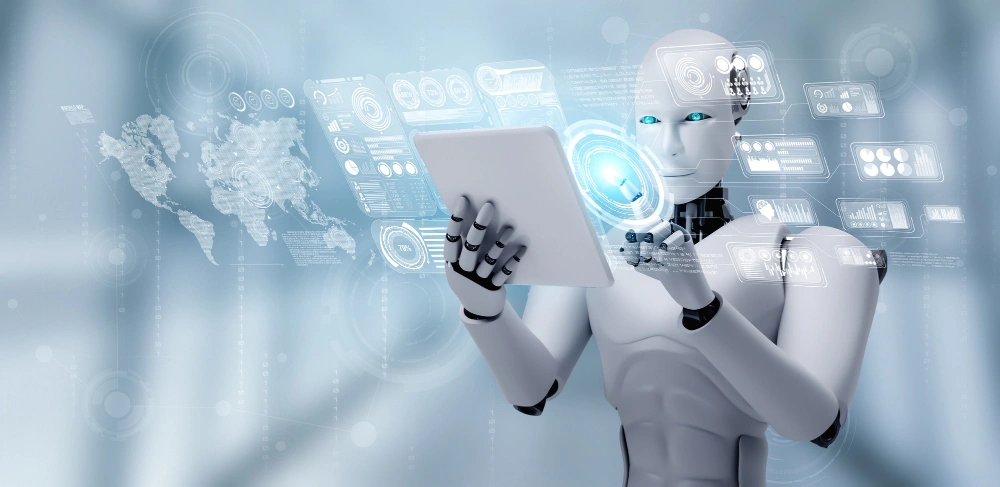
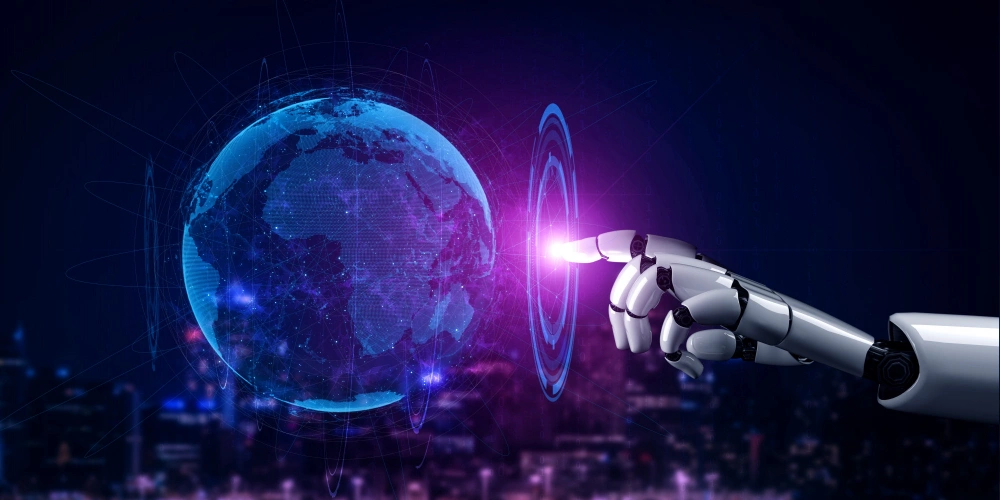
AI Solutions and AI Solution Architecture
- Comparative analysis of AI frameworks for scalable deployment
- AI-driven cloud architectures for optimizing enterprise applications
- Standardization of AI solution best practices for different industries
- Addressing performance, security, and interoperability challenges in AI solutions
- AI-enhanced predictive analytics and business intelligence applications
AI for Design Automation and Systems Engineering
- AI-assisted simulation and modeling for engineering applications
- AI-driven optimization in hardware and software development
- AI-enhanced validation and testing methodologies for complex systems
- Predictive maintenance and fault detection using AI-driven analytics
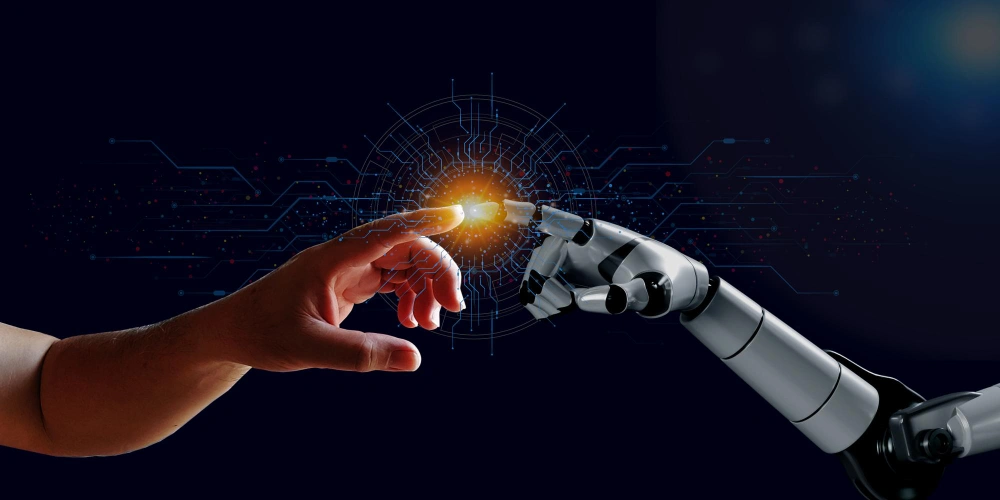

AI for Product Management
- AI-powered market research and consumer behavior analysis
- AI-driven recommendation engines for product personalization
- AI-enhanced supply chain and logistics management strategies
- AI for product lifecycle management and sustainability
AI-driven Product Design & Development
- AI-assisted UX and human-centered design innovations
- Generative AI-driven product prototyping and materials discovery
- AI-enhanced testing frameworks for product validation
- AI-powered automation in manufacturing and design processes


AI Applications in Healthcare, Finance, and Industry
- AI-driven predictive diagnostics and personalized healthcare solutions
- AI-powered fraud detection and risk mitigation in financial sectors
- AI-enabled process optimization in supply chain and industrial automation
- AI for regulatory compliance and governance in critical industries
AI for Drug Discovery & Bioinformatics
- AI-driven molecular analysis and drug candidate selection
- AI-powered genomic data processing for precision medicine
- AI-enhanced biomedical image analysis for disease identification
- Computational biology applications leveraging AI-driven insights


Ethical, Explainable AI, & Responsible AI
- AI fairness, bias mitigation, and ethical considerations in automation
- Transparency and explainability in AI-driven decision-making models
- Societal impacts and AI accountability in governance and policy
- Best practices for responsible AI adoption in industry and research
Key Research Areas
Knowledge Engineering Category

Knowledge Mining and Discovery (KMD)
- AI-driven approaches for automated knowledge discovery from structured and unstructured data
- Graph-based knowledge extraction and reasoning for complex systems
- Deep learning techniques for knowledge mining and anomaly detection
- Knowledge fusion from heterogeneous data sources for enhanced decision-making
Knowledge Acquisition (KA)
- Automated techniques for extracting knowledge from large-scale datasets
- Human-in-the-loop methods for enhancing AI-based knowledge acquisition
- Ontology learning and semantic knowledge representation frameworks
- Transfer learning and domain adaptation for knowledge acquisition
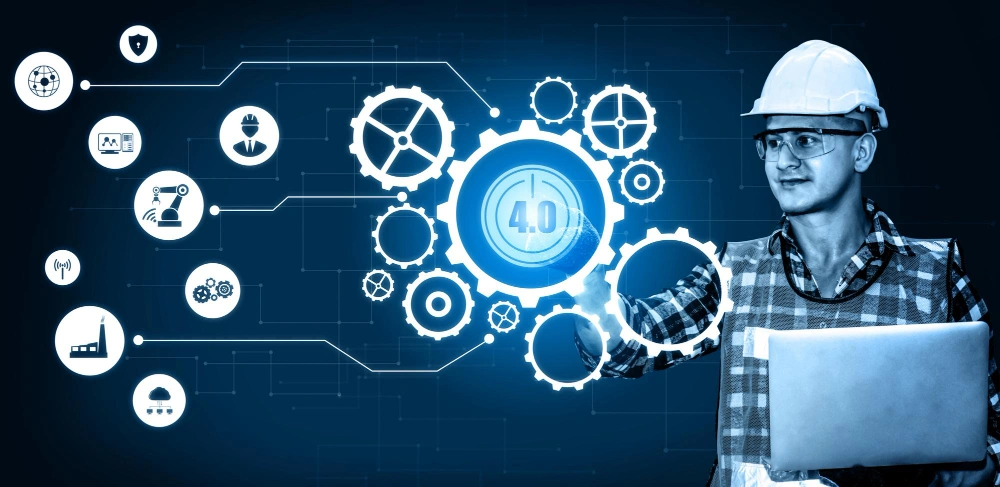

Knowledge Intelligence (KI)
- AI-enhanced decision-support systems based on knowledge intelligence
- Cognitive computing for real-time knowledge processing and adaptation
- Explainable AI for knowledge-driven reasoning and problem-solving
- Machine learning for predictive knowledge modeling in dynamic environments
Knowledge-Based Engineering (KBE)
- AI-driven optimization of engineering design and automation
- Knowledge-based expert systems for industrial and manufacturing processes
- Computational intelligence applications in engineering problem-solving
- Knowledge-driven simulation models for complex systems engineering


Knowledge-Based Systems (KBS)
- Architecture and development of intelligent expert systems
- Rule-based reasoning techniques for KBS applications
- Hybrid AI approaches integrating symbolic and statistical reasoning
- Applications of KBS in healthcare, finance, and cybersecurity
Knowledge Management (KM)
- AI-powered knowledge management systems for enterprises
- Best practices in managing organizational knowledge and AI-assisted workflows
- Intelligent retrieval systems for large-scale knowledge repositories
- Knowledge-sharing strategies for fostering collaboration and innovation
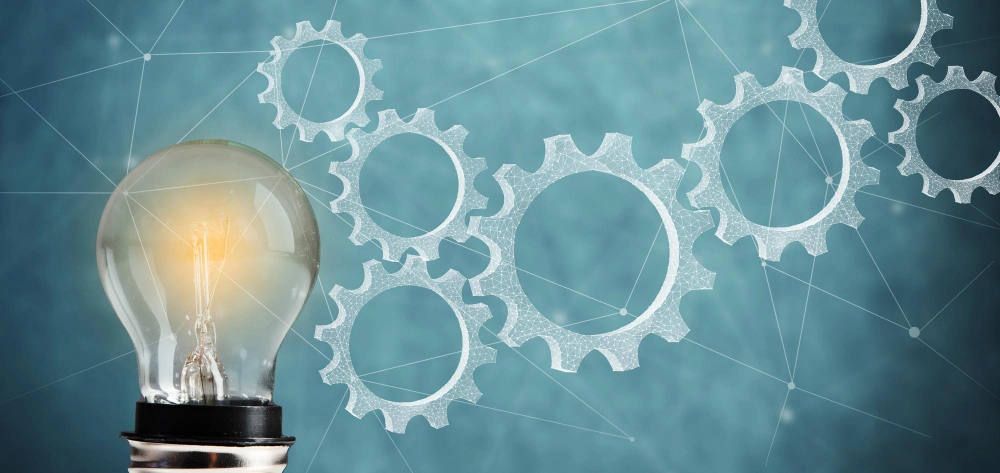
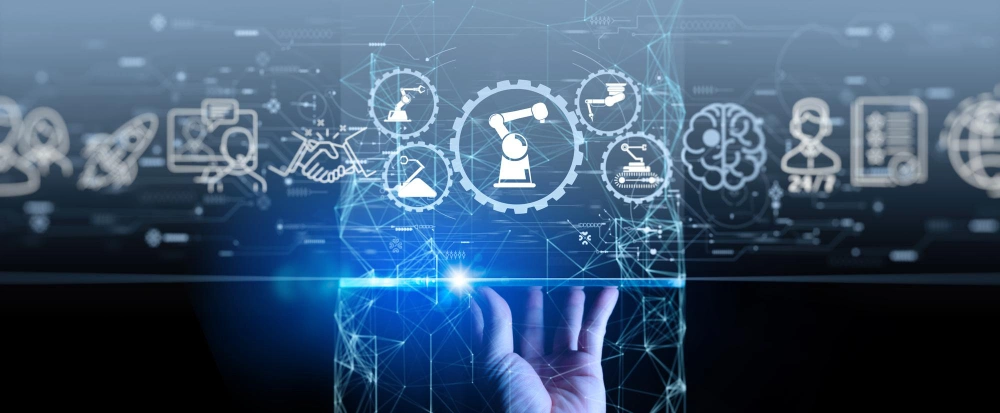
Knowledge-Driven Automation (KDA)
- AI-driven automation of repetitive knowledge-intensive tasks
- Self-learning systems for adaptive automation in enterprise solutions
- Knowledge-based robotic automation for industry and service domains
- AI-driven workflow orchestration using structured knowledge models
Knowledge Architecture & IoT Platforms
- Semantic web and linked data technologies for knowledge architecture
- AI-powered IoT platforms for real-time data integration and decision-making
- Standardization of IoT knowledge models for smart applications
- Security and privacy considerations in knowledge-driven IoT platforms


Smart Products / Smart Processes
- AI-powered product intelligence for predictive maintenance and fault detection
- Smart process automation using machine learning and expert systems
- Knowledge-based recommendation engines for personalized smart solutions
- AI-driven enhancements in connected smart ecosystems
Internet of Things (IoT)
- Edge AI and distributed intelligence for IoT-driven knowledge processing
- AI-enhanced cybersecurity frameworks for IoT networks
- Knowledge engineering approaches for IoT-enabled automation
- AI-driven predictive analytics for IoT applications in healthcare, industry, and logistics

Publication Process and Submission Guidelines
JAIKE invites original research papers and application-based studies related to AI, KBE, KBS, KM, KDA, and IoT. Accepted papers are strategically grouped to ensure thematic coherence, with each journal issue focusing on select topic areas.
The journal maintains a rigorous peer-review process, ensuring high academic standards and timely decision notifications within a target turnaround time of 3-6 months.
By fostering thought leadership and groundbreaking discoveries, JAIKE serves as a vital forum for advancing innovation in Artificial Intelligence and Knowledge Engineering.
Submission Requirements: https://ijaike.org/submission-requirements/
Submission Procedure: https://ijaike.org/submission-procedure/
